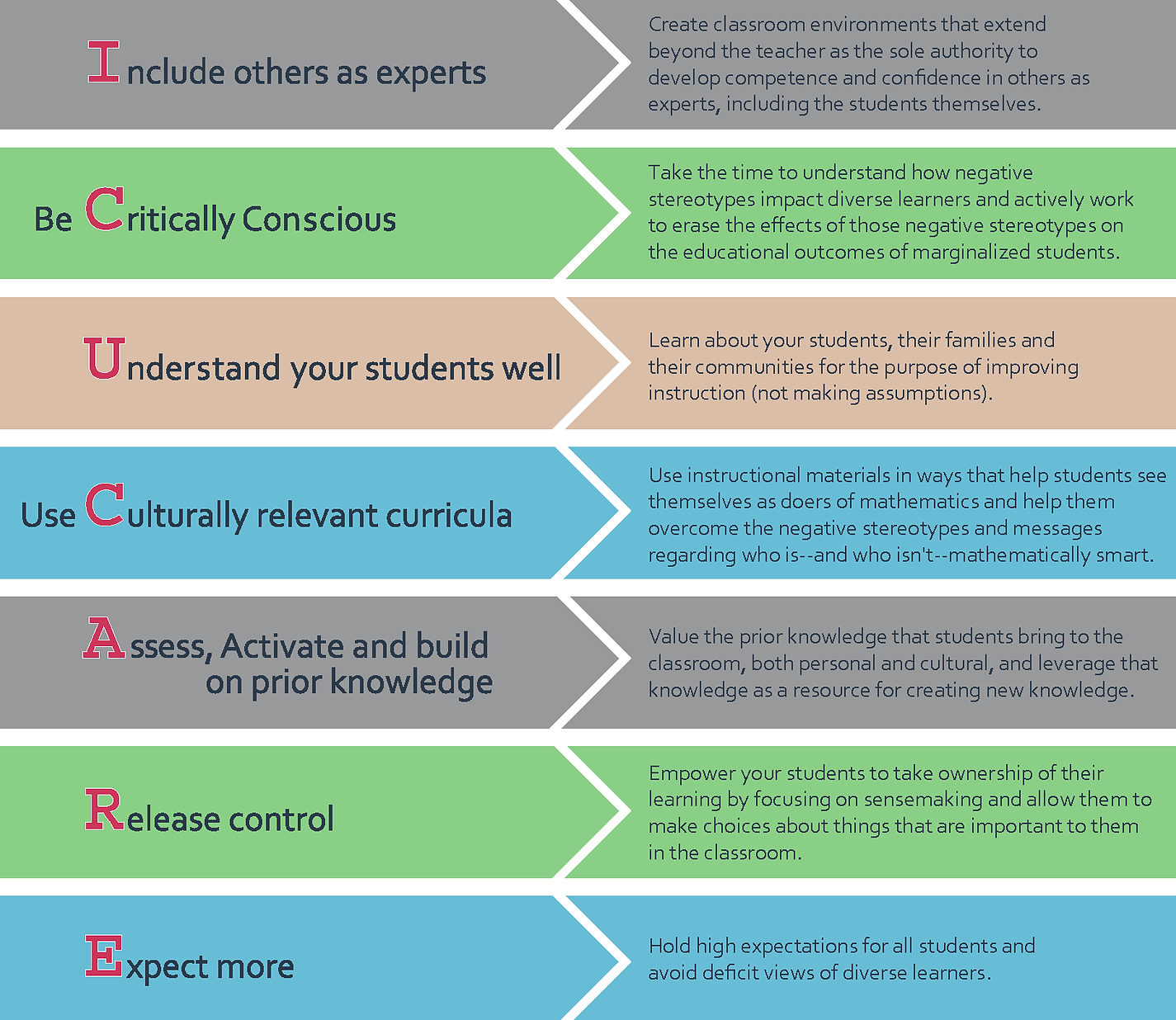

Dr. Pamela Seda shared their story and experiences with us recently and you can find our conversation below.
Hi Pamela, thank you so much for taking time out of your busy day to share your story, experiences and insights with our readers. Let’s jump right in with an interesting one: What do you think is misunderstood about your business?
Most people think my work is about helping teachers explain math more clearly so kids don’t get confused. But that’s not really it. I help teachers build math communities—classrooms where accuracy matters, but understanding comes from students talking, reasoning, and figuring things out together. It’s less about giving the perfect explanation and more about creating space for students to do the thinking.
Can you briefly introduce yourself and share what makes you or your brand unique?
I’m Dr. Pamela Seda, founder and CEO of Seda Educational Consulting. After more than 30 years as a math teacher, coach, and district leader, I started my company to tackle a problem I kept seeing: too many brilliant students were being left out of meaningful math learning.
Through my ICUCARE® Framework, I help schools reimagine what it means to teach math. Instead of chasing test scores or quick fixes, we focus on helping teachers design classrooms where students reason, question, and see themselves as capable problem solvers. My work is about shifting mindsets—from “How do I get them to pass?” to “How do I help them think?”
What makes this work special is seeing what happens when teachers make that shift. You can feel the energy change in the room. Students start talking math, challenging ideas, and taking ownership of their learning. That’s the transformation I’m after.
Right now, I’m expanding my reach through online courses for teachers and leaders, and partnering with districts across the country to build math programs that are both rigorous and humanizing. At its heart, my story is about possibility—helping educators and students see what’s always been true: brilliance lives in every classroom.
Okay, so here’s a deep one: What was your earliest memory of feeling powerful?
My earliest memory of feeling powerful was in 3rd grade, when I realized I was “math smart.” I was one of the few Black students in my class on a military base in Germany, but my teachers and classmates treated my ability as normal—not surprising, not unusual, just true. That affirmation mattered. I felt seen for my brilliance, not separated from it. Later, when I moved back to the States and people reacted to my math ability as if I were some kind of anomaly, I understood just how powerful that early affirmation had been. It shaped how I see my work now—making sure every child experiences that same sense of belonging in their brilliance.
If you could say one kind thing to your younger self, what would it be?
You’ll spend years fighting for students to believe in what’s possible for them. Just don’t forget—your dreams matter, too.
Alright, so if you are open to it, let’s explore some philosophical questions that touch on your values and worldview. What are the biggest lies your industry tells itself?
The biggest lie in education is that we can “fix” math achievement by tightening control—by giving teachers more scripts, pacing guides, and standardized tests. That approach assumes success comes from compliance.
What actually changes outcomes is something much deeper: helping students become thinkers instead of answer-getters. When teachers create classrooms where students talk, reason, and make sense of math for themselves, achievement follows naturally. That’s the shift my ICUCARE® Framework helps educators make. It’s not about making math easier—it’s about making it make sense.
Okay, so before we go, let’s tackle one more area. What do you understand deeply that most people don’t?
I understand what it takes to help teachers unlearn the kind of math instruction most of us grew up with—the kind that prizes speed and right answers over curiosity and reasoning. I guide teachers through collaborative problem-solving experiences where they deepen their own understanding and learn to recognize and address student misconceptions. Most importantly, I create spaces where teachers feel safe to learn, question, and grow so they can do the same for their students—especially those who’ve rarely been invited to see themselves as capable math thinkers.
Contact Info:
- Website: https://www.sedaeducationalconsulting.com/
- Instagram: https://www.instagram.com/pamseda1/
- Linkedin: https://www.linkedin.com/in/dr-pamela-seda-28785911/
- Twitter: https://twitter.com/pamseda1
- Facebook: https://www.facebook.com/sedaedconsulting/
- Youtube: https://www.youtube.com/@SedaEducationalConsulting
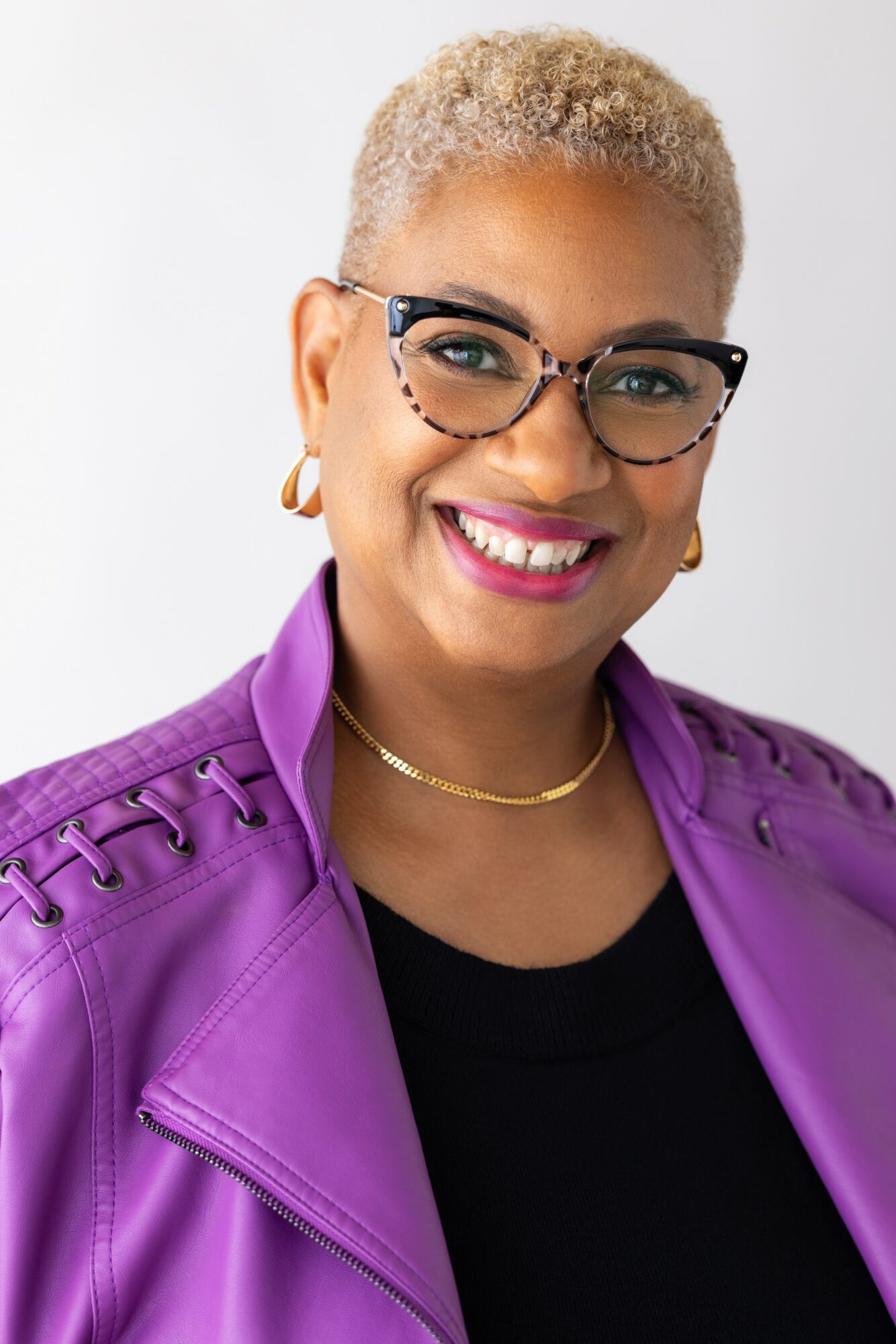
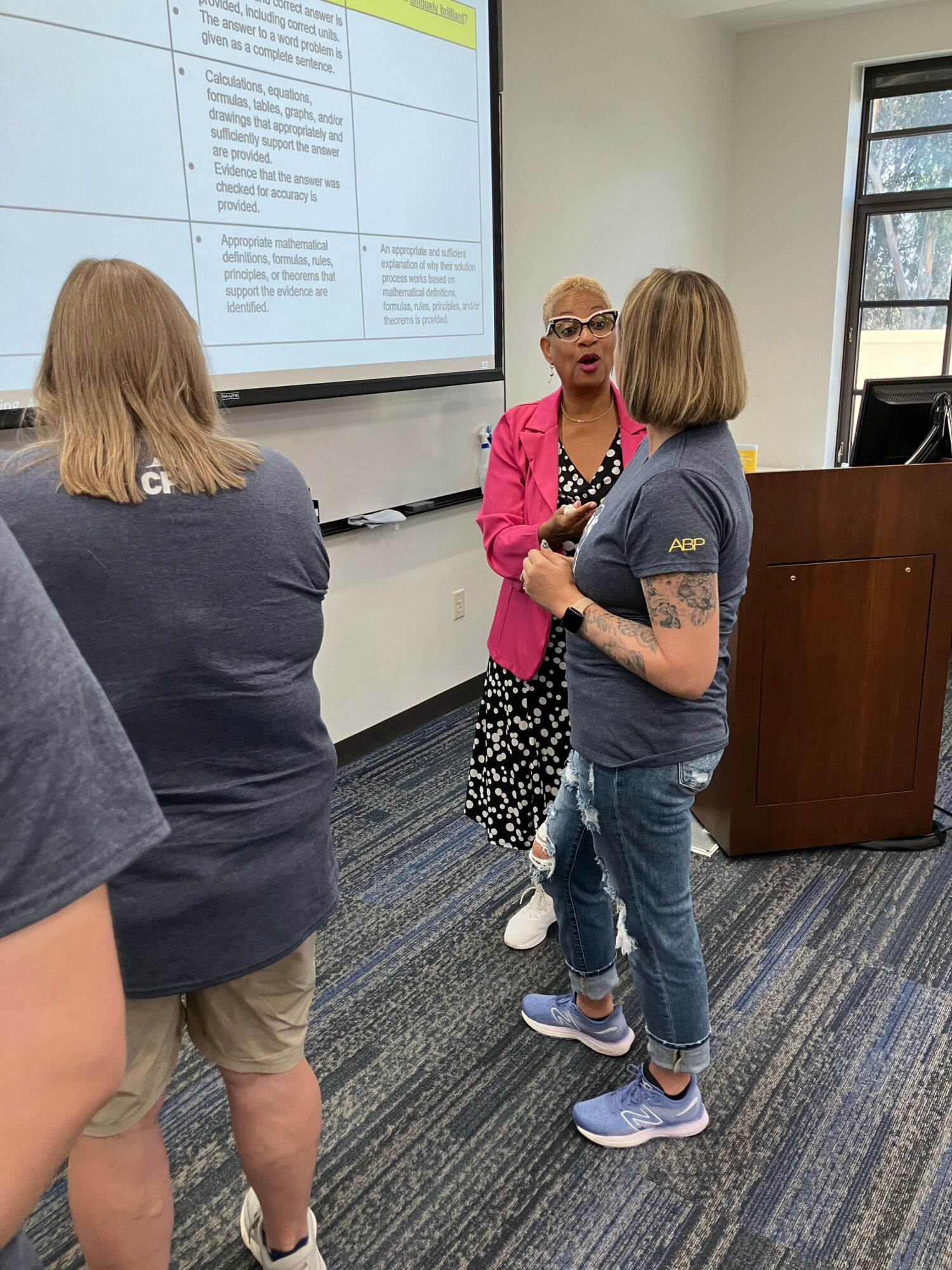
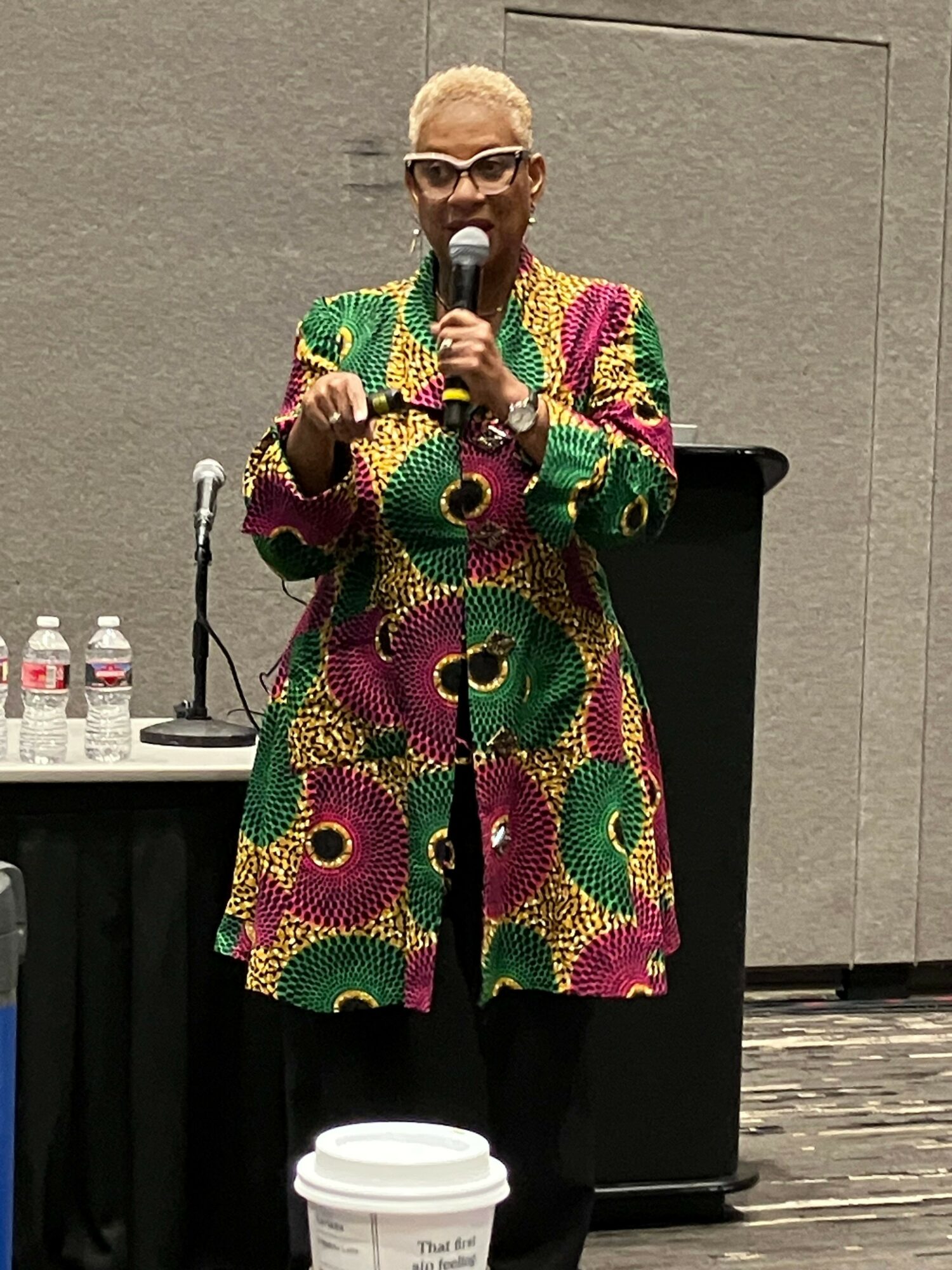
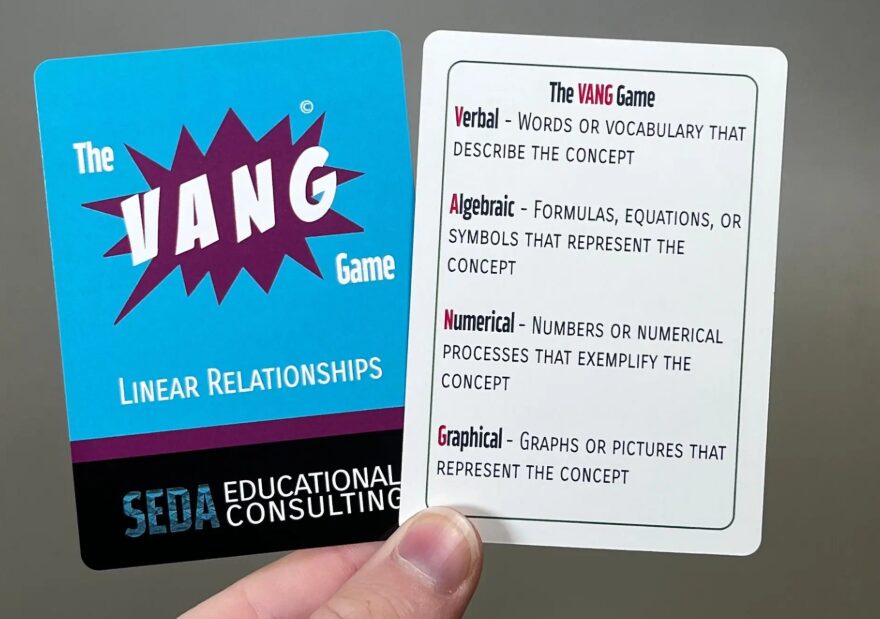
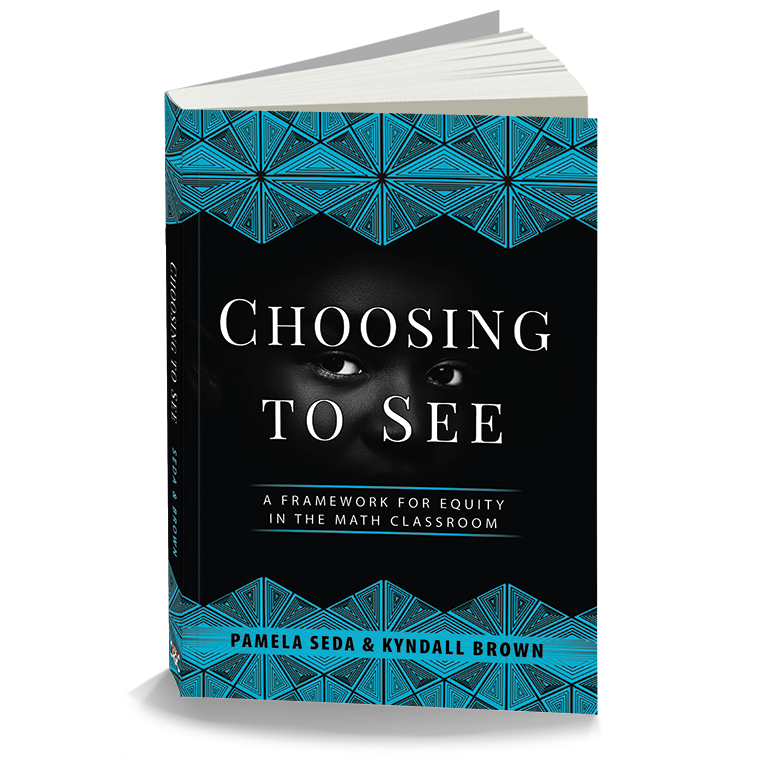
Image Credits
Brian Jones Photography
Shuffled Ink
Dave Burgess Publishing













